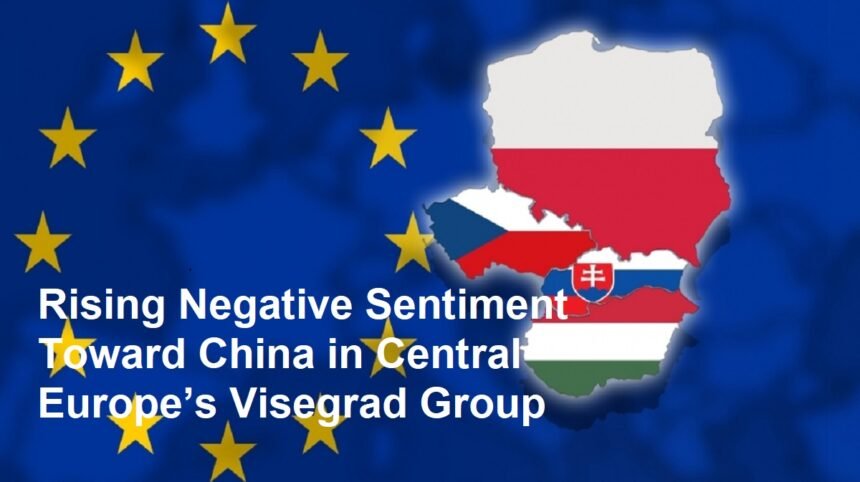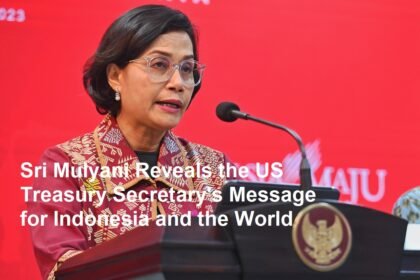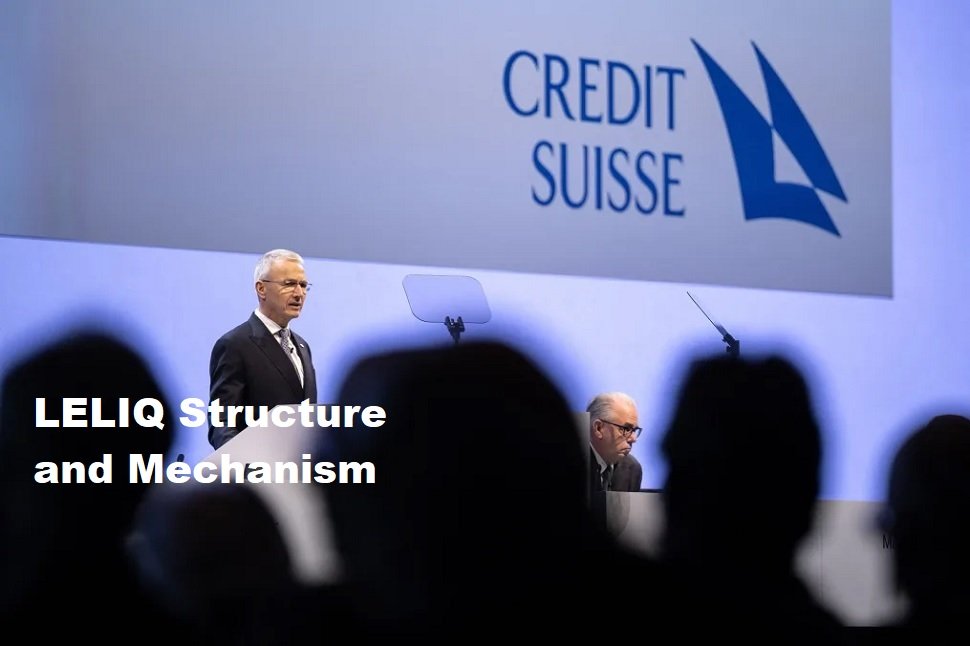In recent years, public sentiment toward China has increasingly turned negative across the Central European countries that form the Visegrad Group—Czech Republic, Hungary, Poland, and Slovakia. Despite growing economic ties and Chinese investments in the region, concerns over China’s political stance, human rights record, and geopolitical behavior have fueled skepticism and distrust among the populations and political elites of these nations.
Overview of the Visegrad Group and China Relations
The Visegrad Group (V4) is an informal alliance of four Central European countries—Czech Republic, Hungary, Poland, and Slovakia—that cooperate on political, economic, and security issues within the European Union framework. China has sought to deepen its influence in the region through investments, infrastructure projects, and cultural exchanges, aiming to establish a foothold in Europe’s eastern flank.
However, these efforts have met with mixed reactions. While economic cooperation has expanded, public opinion surveys reveal a growing wariness of China’s intentions and policies.
Public Opinion Trends
Recent surveys highlight the extent of unfavorable views toward China in the V4 countries:
- In Poland, about 71% of the population holds an unfavorable view of China. Despite increasing Chinese investments and economic exchanges, trust in China has declined, especially after the outbreak of the war in Ukraine. Poland’s traditionally close ties with the United States also influence its cautious stance toward Beijing.
- The Czech Republic shows the highest proportion of negative views among the V4 nations, with 59% of respondents expressing unfavorable opinions. Issues such as China’s policies on Taiwan and Tibet, human rights violations, and authoritarian governance contribute to this sentiment. The Czech public ranks China among the top three least favored countries.
- Hungary’s public opinion is similarly skeptical, with over half of the population holding negative views. This sentiment persisted even after Chinese President Xi Jinping’s visit to Hungary in 2024. Concerns about Chinese investments, debt dependency, and projects like the China-funded railway and Fudan University campus in Budapest have fueled apprehension.
- In Slovakia, around 42% of people view China negatively, with only 28% holding positive opinions. Environmental concerns, China’s military power, and its impact on democracy abroad are key factors shaping Slovak perceptions. Despite some support for Chinese investments, the overall public sentiment remains cautious.
Factors Driving Negative Sentiment
Several factors contribute to the rising skepticism toward China in the Visegrad countries:
- Geopolitical Ambiguity: China’s ambiguous position on the war in Ukraine and its growing global assertiveness have raised alarms. The V4 countries increasingly see China not just as an economic partner but as a systemic rival.
- Human Rights Concerns: Reports of human rights abuses in Xinjiang, Tibet, and Hong Kong, along with China’s authoritarian governance model, clash with the democratic values upheld by the V4 nations.
- COVID-19 Pandemic Management: The perceived mishandling and lack of transparency by China during the COVID-19 outbreak have damaged its image.
- Economic and Debt Risks: Chinese investments, while economically beneficial in some respects, have sparked fears of debt dependency and loss of sovereignty, often described as a “Trojan Horse” effect.
- Influence on Domestic Politics: There are concerns about China’s attempts to influence political narratives and public opinion through media and cultural initiatives.
Political and Strategic Implications
The growing negative sentiment has led V4 governments to recalibrate their foreign policies toward China. Poland, for example, has strengthened its alignment with the United States and NATO, viewing China as a strategic competitor. The Czech Republic has taken a similarly cautious approach, emphasizing democratic values and human rights in its China policy.
Hungary remains somewhat more open to Chinese engagement but faces internal debates about the risks involved. Slovakia’s government and public are increasingly aware of the potential downsides of close cooperation with China.
Despite China’s efforts to expand its influence in Central Europe, the Visegrad Group countries exhibit rising skepticism and negative sentiment toward Beijing. This trend reflects broader geopolitical shifts, concerns over human rights, and fears of economic dependency. The V4 nations are balancing economic interests with strategic and democratic values, leading to a more cautious and critical stance on China.









